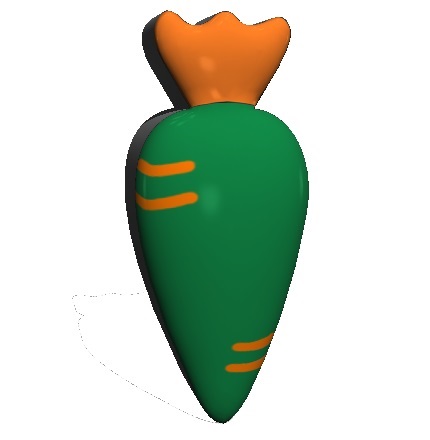As the US prepares for the 2024 election, the implications for the Middle East are significant. With candidates holding contrasting views on policies affecting Israel, Palestine, and the region’s stability, the potential outcomes could redefine alliances and strategies. Both Donald Trump and Kamala Harris have unique approaches to Middle Eastern policy, influencing the way US-Israel relations and broader regional conflicts might unfold.
Israel’s Perspective: Strong Alliance with the GOP Candidate
Israel’s Prime Minister, Benjamin Netanyahu, has long supported Donald Trump due to his policies favoring Israeli interests, including the recognition of Jerusalem as Israel’s capital and the annulment of the Iran nuclear deal. Trump’s popularity among Israelis reflects this history, with many viewing him as a steadfast ally who would support their security interests without demanding compromises on contentious issues like Palestinian statehood.
The Palestinian Response: Scepticism Toward Both Candidates
Among Palestinians, there is skepticism regarding either candidate’s commitment to their cause. Many feel the US has continually shown bias toward Israel, with Trump’s previous policies intensifying these sentiments. While Kamala Harris has signaled more sensitivity to humanitarian issues in Gaza, many Palestinians remain doubtful of substantial change in US policy.

Iran Policy: Divergent Approaches, Shared Objectives
Both candidates aim to restrict Iran’s nuclear ambitions, yet their methods differ. Harris favors a gradual, diplomatic approach, aligning with US allies, while Trump’s strategy leans toward a more direct confrontation with Tehran. Regardless of the outcome, US policy on Iran will remain a central factor in shaping Middle East dynamics.
Conclusion: How Personalities and Policies Shape Public Perception
The unique personalities of Harris and Trump add another dimension to US-Middle East relations. While both support Israel, their differing strategies highlight a blend of traditional alliances and personal diplomacy. For Middle Eastern leaders and citizens alike, the election’s outcome will significantly shape regional stability and alliances for years to come.

